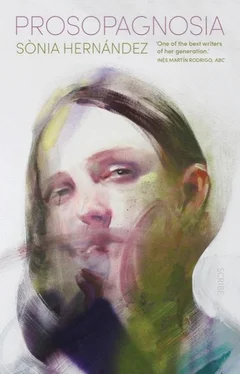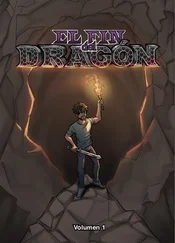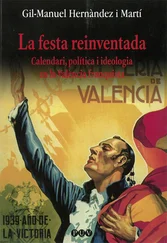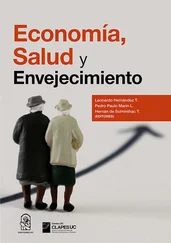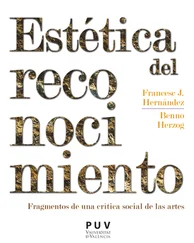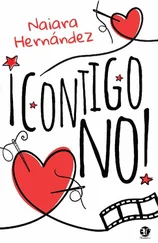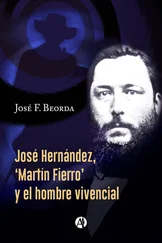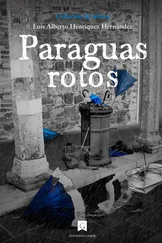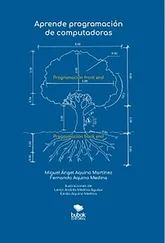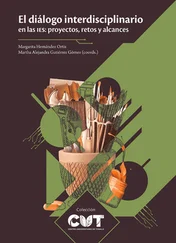After a few moments, he smiled.
‘My dear, you have understood very little of all this, barely a thing. It would be crazy to denounce all of this in the newspaper. What would be the point? It could only bring us problems. And it makes me ask myself, why do you want to write about me? I’ve already told you that the only thing that matters to me is my work. If you like, you can write about that; I can lend you one of my catalogues. Your daughter’s school has also informed me that they will be returning the painting I gave them. They say they have no room for such a large work. Excuses. Then it occurred to me that I could give the painting to you, and you could write about it.’
His voice still had the same musicality, but he couldn’t hide the fact that he was agitated. He gripped his pencil tightly, as if it were a weapon, or as if the object itself could confer him with a sense of authority that demanded respect. I’m not sure why he thought of giving the painting to me, or if he was truly expecting an answer to the question of why I wanted to write about him. I could have told him that I was at a point in my life where I was feeling truly disoriented, that I was afraid of the proximity of the end of something I couldn’t identify, that I didn’t know where to look to find meaning, that I rejected the way I looked, my present, everything I had done with my life in these forty-three years, that whatever might happen from here was a great unknown that I was too scared to think about, that I didn’t feel strong enough to plan anything, that the only identifiable desire I had (and which I had often) was to get the hell out of here, to move anywhere but here, to Mexico like him, or to Cádiz, with Berta and the ibises, or even better, to go somewhere by myself to try to escape this looming ending that had pursued me my whole life. But I couldn’t tell him any of this, because at that moment I was obliged to write something about Vicente Rojo, the artist and intellectual, master of equilibrium, who would serve as a guide to me and other people equally as desperate.
Why didn’t I realise that the best thing I could do right then would be to get the hell out of his studio? Not only did I fail to do that, I tried to ease things by leading the conversation in another direction.
‘My editor also thought it would be interesting if you spoke about your experience of exile.’
‘My experience of exile? Do you know who Max Aub is? Have you read The Blind Chicken ? That’s the best book about exile.’
I had read some Max Aub; I think it was a novel about the concentration camps, and all I could recall is that I thought he had a funny name for a Spanish author. But I had no idea why he had been able to write about exile better than anyone else. Vicente Rojo noticed my unease, and didn’t wait for me to answer. By the way he had expressed himself, there was no doubt that he cared little for what I knew about Max Aub, and that he was going to say his piece no matter what.
‘In 1969, Aub returned to Spain for the first time since he had left in 1939. Like many others (I’m not sure if I should include myself in this group or not), he had spent a lot of time imagining the moment when at last he would return to Spain, after the dictator had died. Well, Aub had in fact killed him in his novels. In any case, his “visit” (like the way you refer to my “visit” here in this city) went terribly, it was a total car-crash. You should read his books. Everyone should read The Blind Chicken . Through it you feel the terrible experience of reencountering a country he was forced to abandon thirty years ago, a country filled with old people who were once his friends, back when they were all young. Max Aub arrived in a country full of bitter old men, but that was exactly what they called him, in this country beyond repair. He also went to classes and meetings where the students “didn’t have a clue who I was”, as he used to say, but still believed themselves to be terribly modern. No one cared about why he’d had to leave, let alone what he’d done, said, or written for thirty years in such a far-flung place as Mexico. The students and teachers were consumed with other things; they felt so modern in a country enchanted by its own development. As modern as the teachers at your daughter’s school. Many students saw Max Aub as a kind of ghost who had come from another world, another country. Mexico was very far away, and had nothing of interest for the students, who were all so smart. Do you think, then, that anybody would be interested in what I have to say to them?’
He paused, as if waiting for an answer he didn’t really want to hear, and I was unable to speak, so I looked away and began to glance over the studio again. I noticed a detail I’d missed upon entering: a large painting was resting against the wall, turned inward so I couldn’t see what it looked like. I was surprised that I had missed it when I walked in, because it was the first time — apart from the pencil he was holding now — that I had seen an object that reminded me of his devotion. Vicente Rojo was speaking again, this time in a confused and agitated way, about his exiled friend.
‘Max Aub wrote somewhere that art is about turning truth into lies in such a way that it can remain true. I suppose he said that as Jusep Torres Campalans. I imagine you’ve never heard of him either, am I right?’
I shook my head gently, even though the name was dimly familiar.
‘Max Aub had incurable graphomania. He wrote so much and had such a lively imagination and creative impulse that being just one writer wasn’t enough. So, he invented Jusep Torres Campalans, and then he could be a painter as well. Everyone thought that Master Campalans truly existed, that he had lived in Paris and was close with Picasso, and that he had been one of the founders of Cubism. Yes, yes, everyone believed it. Why wouldn’t they?’ There was another pause. ‘I wish you could have been at one of the salons he held on Mondays, just so you could understand what I’m trying to tell you. I could go on telling you about hundreds of other people, of the wonderful things they contributed, of the discussions we had about literature, art, journalism, how enriching those meetings were. But who could possibly care about that? Do you think your daughter’s art teacher would be interested in what I have to say about exile or art?’
I felt a sharp pang: that feeling that the end of something was fast approaching. It never quite went away, and it was more like a threat than a feeling. But paradoxically, I found everything Vicente Rojo was saying very exciting — I think exciting is the best word for it — and a feeling of pleasure shot through my body. I could imagine myself sitting at the table at one of these salons, with that author named Max Aub, and even with the persona he invented, and I think I could also visualise the sentences in my essay about the intellectual contributions and the expansion of the mind and spirit that my fellow salon guests made possible. I would have liked to stay inside that excitement forever, inside the calm feeling that everything is fine, that nothing bad will happen, that balance is possible, and that I was close to some kind of truth. However, I still had that sharp pang of anxiety, the fear that said all of this was fleeting and would soon come to an end, and that I would never know what came next.
Perhaps this recurring sensation was nothing more than the melancholy I felt at the knowledge that this supposed balance was beyond my reach, and that the real artist I had before me could make the whole scene I had imagined disappear with a simple wave of his hand. I felt clumsy. I was twenty kilograms too heavy to imagine myself sitting at a table with intellectuals. They’d only make me seem heavier, and I’d never fit in. Maybe that’s also why I was so bad at getting him to keep on talking.
Читать дальше
